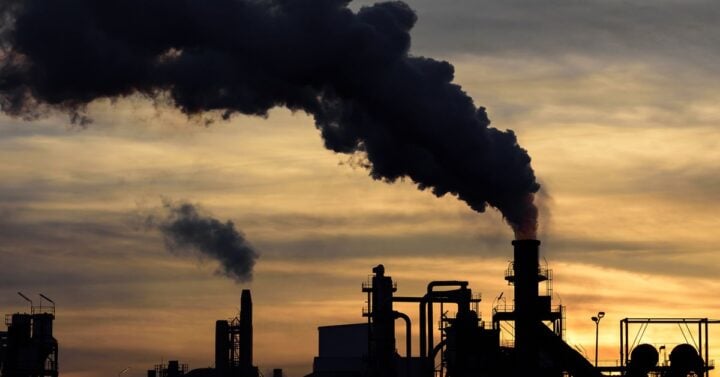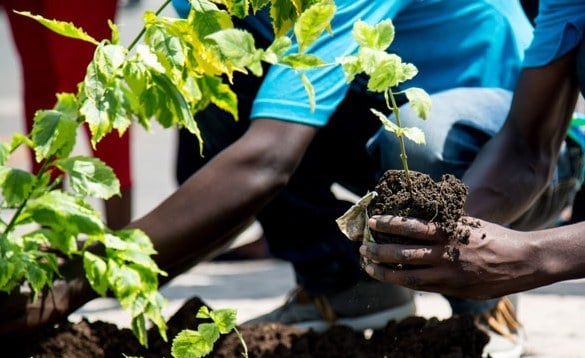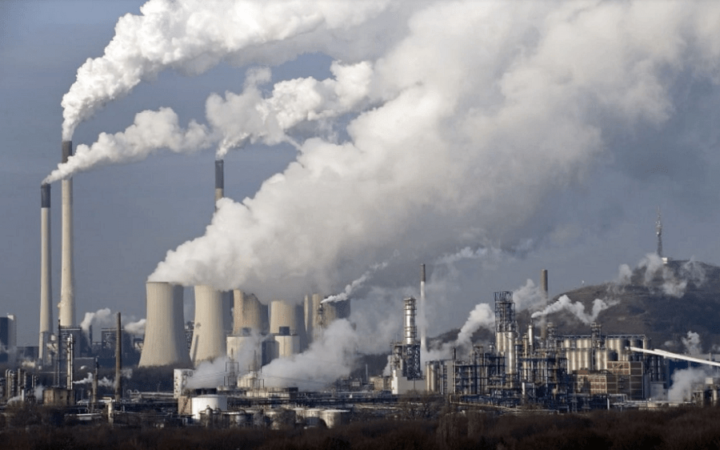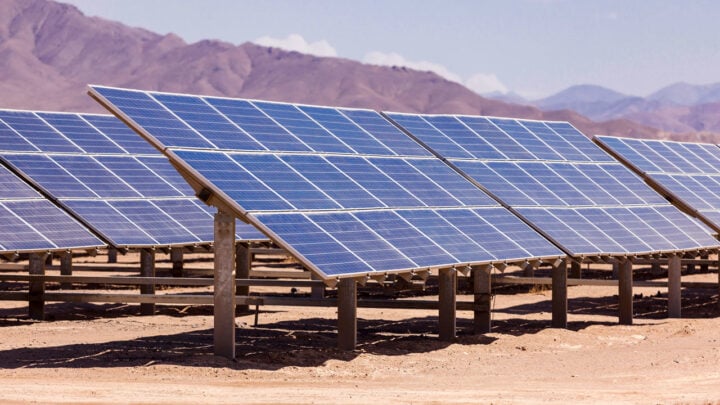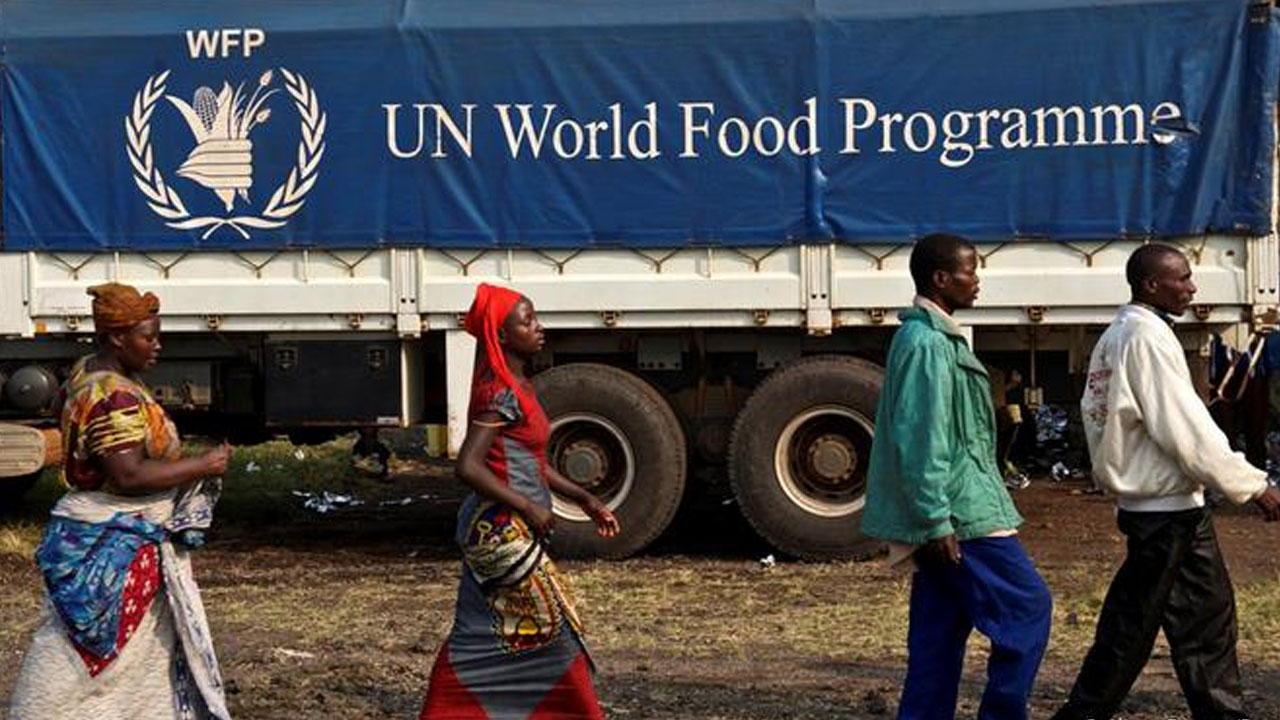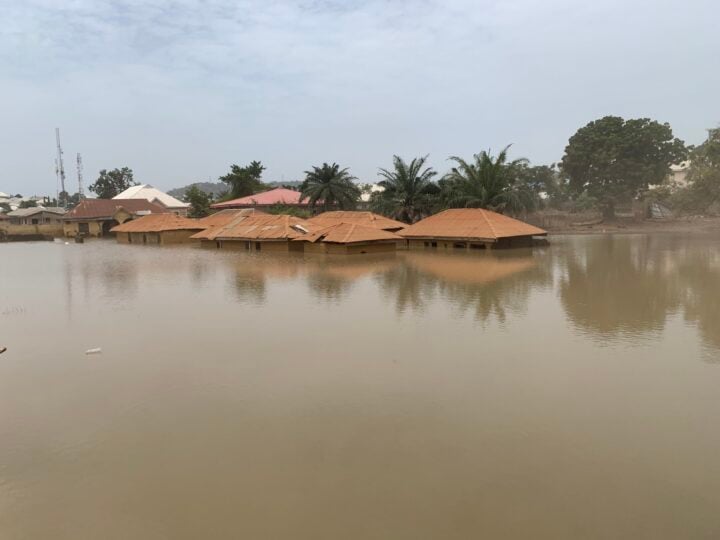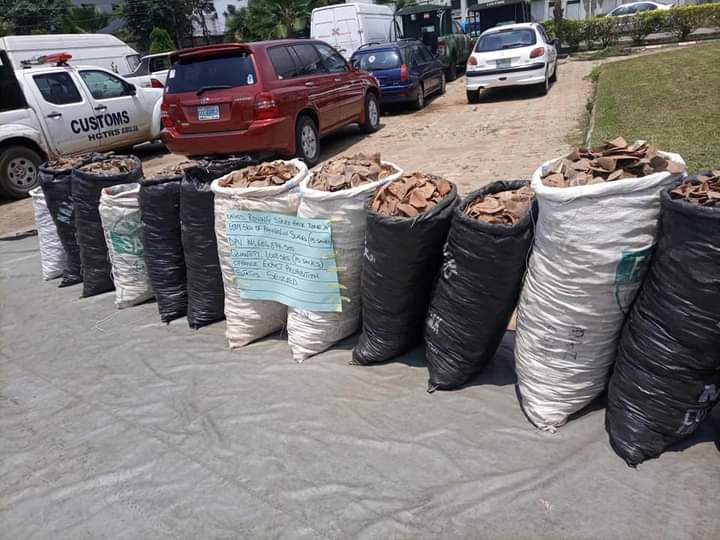Despite directly impacting our communities, health, and livelihood, climate-related reports usually take a back seat to dominant news beats like politics and business. Climate Watch aims to ensure you never miss important stories on climate change and actions being taken toward limiting its impact.
Here is a round-up of last week’s climate stories:
• The United Nations Food and Agriculture Organisation (FAO) has shown commitment to assisting Nigeria in significantly reducing the emission of greenhouse gasses in the country.
Nifesimi Ogunkua, the organisation’s climate change specialist, said FAO would provide unparalleled knowledge, experience, and technical assistance in the areas of biodiversity, climate change, international waters, and land degradation. She said FAO would also offer partnerships in the areas of food systems, ecosystem restoration, amazon, critical forest biomes, wildlife conservation, and sustainable cities in the eighth global environment facility replenishment cycle (GEF-8).
Advertisement
• Suleiman Adamu, minister of water resources, last week, warned that the federal capital territory (FCT) and 178 LGAs in 32 states are at high risk of flood. The minister warned that the level of floods in highly probable risk states would affect agriculture, livelihood, livestock, infrastructure, and the environment, between April and November. The 2023 annual flood outlook (AFO) forecasts showed that these states fall within highly probable flood risk areas: Adamawa, Abia, Akwa Ibom, Anambra, Bauchi, Bayelsa, Benue, Cross-River, Delta, Ebonyi, Ekiti, Edo, Gombe, Imo, Jigawa, Kaduna, Kano, Kebbi, Kogi, Kwara, Lagos, Nasarawa, Niger, Ogun, Ondo, Osun, Oyo, Rivers, Sokoto, Taraba, Yobe, Zamfara, and the FCT.
• At the African Union summit on February 18, António Guterres, United Nations secretary-general expressed his commitment to support a just transition to clean energy in Africa. Guterres said African countries needed more access to technologies such as battery-storage systems, components, and raw materials. He added that the transition to clean energy must address issues of energy access and development challenges as millions live without electricity in Africa.
• Last week, at the national forum and award ceremony of the global environment facility (GEF) – United Nations Development Organisation (UNIDO), Olorunnimbe Mamora, minister of science, technology, and innovation, said Nigeria must be actively involved in the reduction of global warming. He added that the federal government is committed to the reduction of global warming by 47 percent. Read more here
Advertisement
Add a comment
